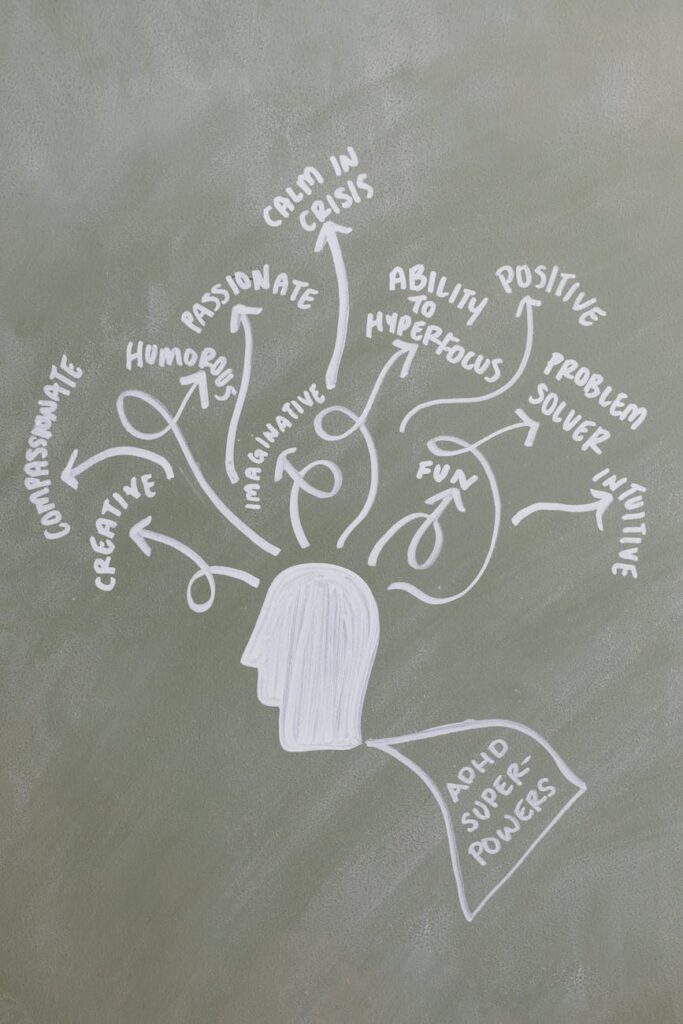What is positive psychology exercises?

What is Positive Psychology Exercises?
Positive psychology exercises focus on enhancing well-being and happiness through intentional practices. This field of psychology emphasizes the importance of nurturing positive emotions, strengths, and qualities that contribute to a fulfilling life. By engaging with various exercises, you can cultivate a more positive mindset and improve your overall life satisfaction.

Photo by Tara Winstead
Understanding Positive Psychology
At its core, positive psychology is the scientific study of what makes life worth living. It looks beyond just treating mental illness to explore how individuals can thrive and flourish. The primary objective is to help people lead more meaningful and happy lives.
The Focus on Strengths
Unlike traditional psychology, which often concentrates on weaknesses and dysfunctions, positive psychology highlights personal strengths. Imagine your strengths as tools in your toolbox; by recognizing and utilizing them, you can build a more fulfilling life. This approach encourages individuals to identify their unique talents and abilities, fostering a sense of empowerment.
Historical Background
Positive psychology emerged in the late 1990s, led by psychologist Martin Seligman. He aimed to shift the focus of psychology from pathology to positive aspects of human experience. Since its inception, the field has gained traction, with numerous studies highlighting the benefits of positive psychology for mental health and overall well-being.
Types of Positive Psychology Exercises
There are various exercises you can engage in to harness the power of positive psychology. These exercises can be simple yet profoundly impactful.
Gratitude Journaling
One popular exercise is gratitude journaling. This practice involves writing down things you are grateful for each day. Research shows that regularly reflecting on positive experiences can boost mood and promote a sense of well-being. By focusing on the good in your life, you create a mental space for positivity to flourish. Positive Psychology offers numerous tips on how to effectively implement this exercise.
Mindfulness Meditation
Mindfulness meditation is another powerful tool in positive psychology. This practice encourages you to focus on the present moment, allowing you to observe your thoughts and feelings without judgment. By cultivating awareness, you can reduce stress and enhance emotional regulation. Incorporating even a few minutes of mindfulness into your daily routine can lead to significant improvements in mental clarity and emotional resilience.
Acts of Kindness
Performing acts of kindness can profoundly impact both the giver and the receiver. Simple gestures, such as complimenting a stranger or volunteering, can foster positive emotions and strengthen social connections. Engaging in kindness not only enhances your well-being but also contributes to a more compassionate community.
Benefits of Positive Psychology Exercises
Engaging in positive psychology exercises can lead to numerous benefits that enrich your life.
Improved Mental Health
Positive psychology exercises are linked to improved mental health outcomes. Practices like gratitude journaling and mindfulness meditation help reduce symptoms of depression and anxiety. By focusing on what makes you happy, you can cultivate a more optimistic outlook on life.
Enhanced Resilience
Resilience—the ability to bounce back from adversity—is another key benefit of positive psychology exercises. By practicing mindfulness and engaging in acts of kindness, you build emotional strength that helps you navigate life’s challenges. This resilience empowers you to face difficulties with a positive mindset, increasing your capacity to cope.
Increased Life Satisfaction
Practicing positive psychology leads to heightened life satisfaction. By regularly engaging in exercises that promote positivity, you can enhance your overall quality of life. Research indicates that individuals who actively cultivate joy and gratitude experience greater fulfillment and happiness.
Implementing Positive Psychology Exercises
Integrating positive psychology exercises into your daily routine can be simple and rewarding.
Creating a Daily Routine
Consider dedicating specific times each day to practice positive psychology exercises. For instance, you could start your morning with gratitude journaling and set aside time in the evening for mindfulness meditation. This structured approach creates consistency and maximizes the impact of your efforts.
Tracking Progress
Tracking your progress can help you stay motivated and reflect on your experiences. Consider keeping a journal where you document your feelings, thoughts, and the exercises you’ve completed. This reflection will help you recognize patterns, celebrate successes, and adapt your approach as needed.
Conclusion
Positive psychology exercises are powerful tools for enhancing well-being and fostering happiness. By focusing on strengths, practicing gratitude, and engaging in mindfulness, you can cultivate a more fulfilling life. Start incorporating these exercises into your daily routine and watch as your mental health, resilience, and life satisfaction flourish. Embrace the journey toward positivity—it’s a step worth taking!